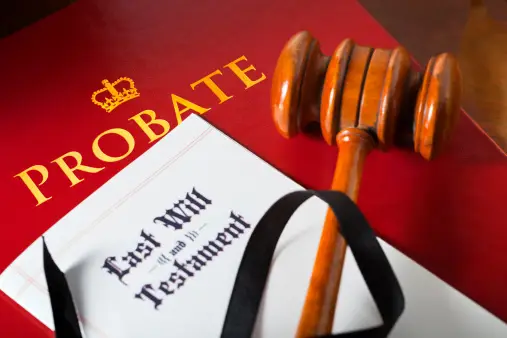Mediating Probate Disputes in Texas: Navigating Complex Family Dynamics and Legalities with Sensitivity and Skill
Probate is the legal process of administering the estate of a deceased person. It often involves various complexities and has the potential for disputes among family members or other beneficiaries. These disputes can arise due to disagreements over the distribution of assets, interpretation of the will, or conflicts among heirs. In Texas, resolving such disputes […]










